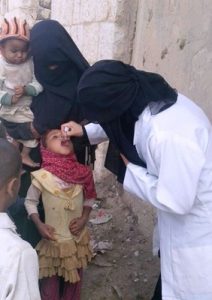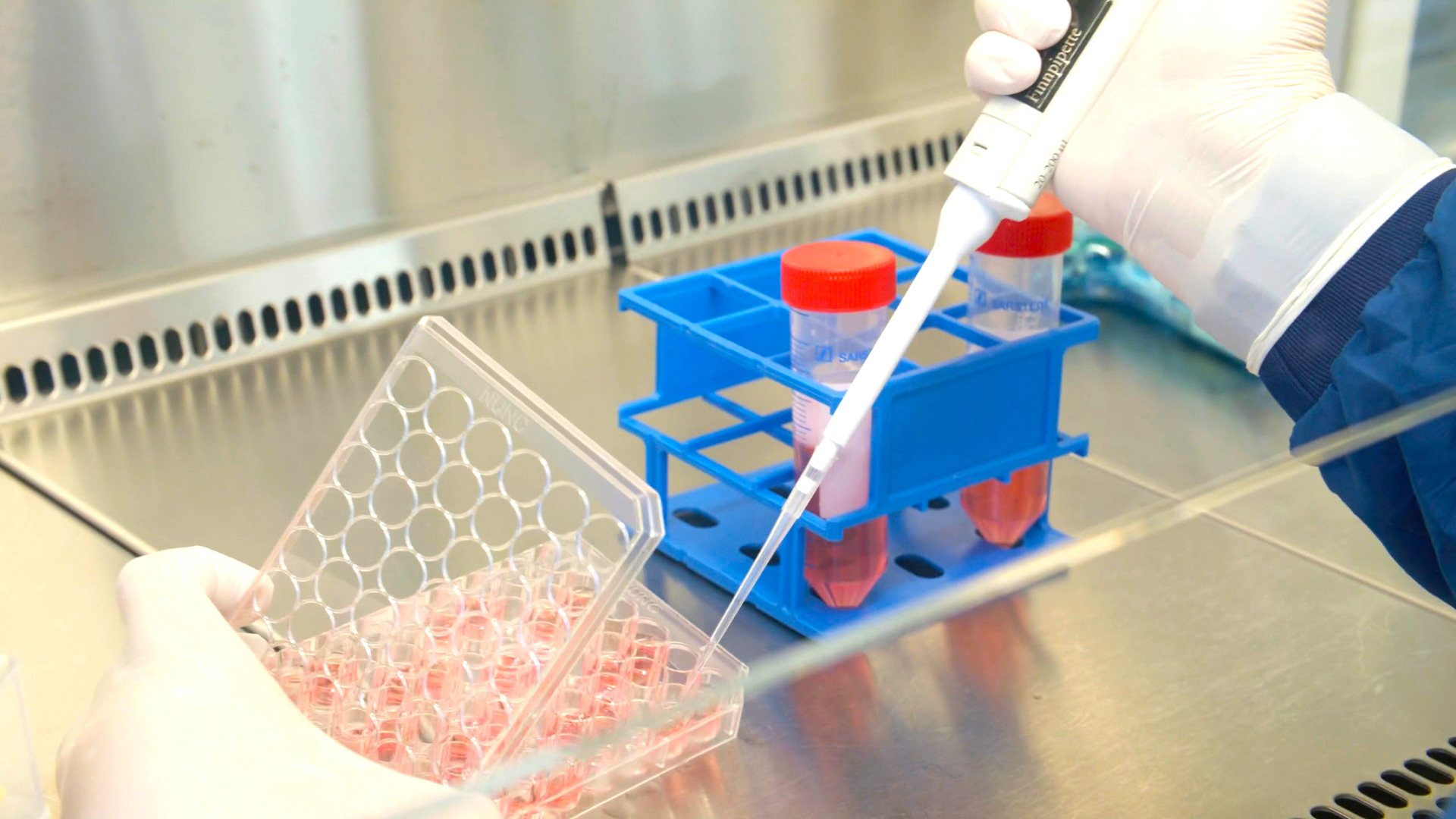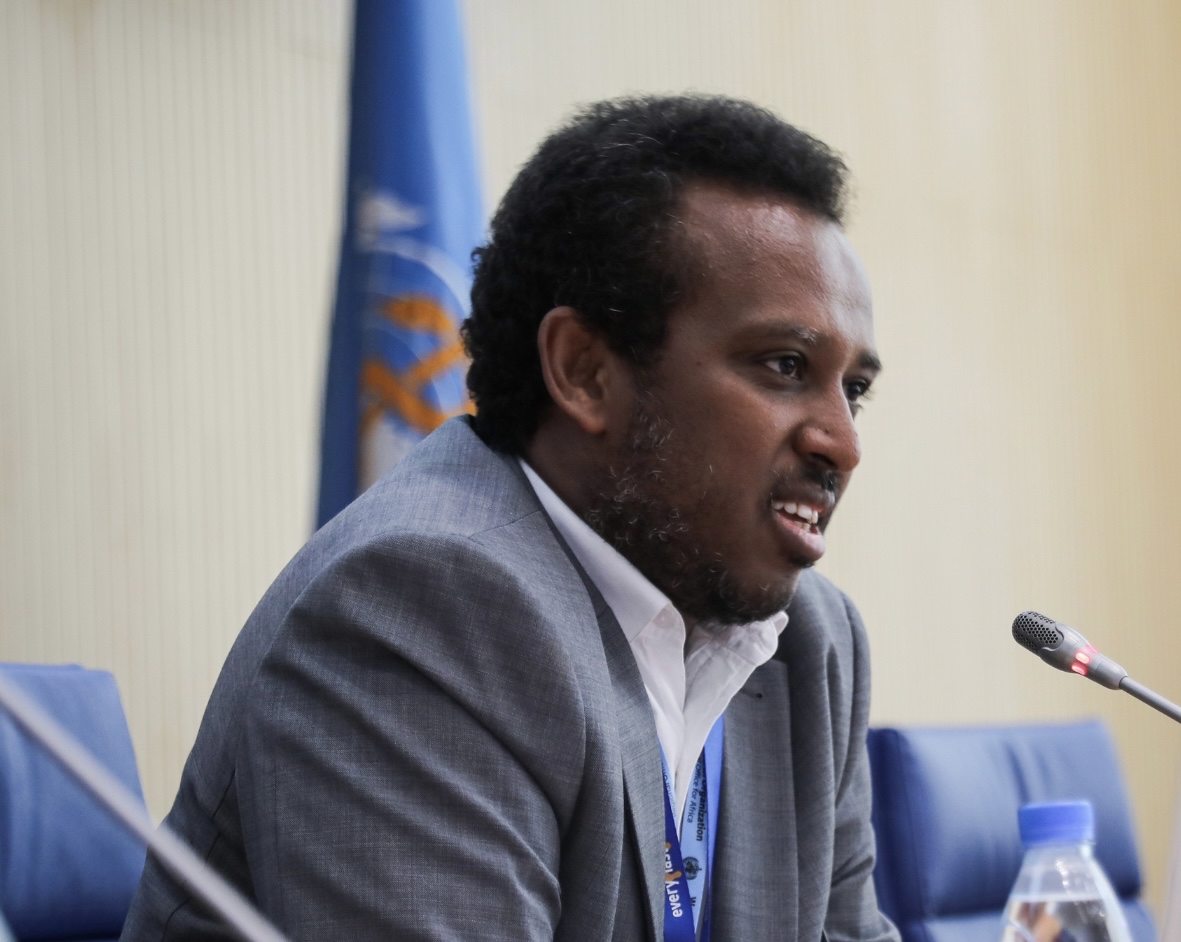
Conflict remains one of the greatest challenges to polio eradication in 2015. Insecurity makes it difficult to reach children with the protection they desperately need against vaccine-preventable diseases such as polio. During the last week of Ramadan, in the lead up to Eid on the 17 July, the World Health Organization was able to deliver urgently needed health supplies including polio vaccines to populations in Yemen, thanks to a humanitarian pause.
Yemen has been free from polio since 2001, yet the humanitarian situation has critically deteriorated leaving children vulnerable without access to life-saving vaccines. This makes reaching them with the oral polio vaccine more important than ever.
The humanitarian pause has given WHO and UNICEF the opportunity to conduct a polio vaccination campaign in accessible areas in collaboration with the Ministry of Health, reaching 50,000 children against polio, measles and rubella in 9 Governorates. The UN estimates that around 1.2 million people have been displaced during this crisis, so the campaign focussed on areas where internally displaced people have been gathering such as Al Hodiada, Hajja, Amran, Sana’a, Sana’a city, Dhamar, Ibb, Lahj and Al Mukalla.
In addition to reaching children with vaccines, health workers were also able to follow up on surveillance for polio. The humanitarian pause enabled stool samples from children with acute flaccid paralysis (AFP) to be transported out of Yemen to the Kenya Medical Research Institute (KEMRI) polio laboratory to be tested for the virus. Maintaining AFP surveillance despite the security challenges is crucial to ensure that if polio does return to Yemen, it will be detected and stopped as soon as possible.
The conflict in Yemen has posed challenges to the polio eradication programme, including difficulties in distributing vaccines to health facilities, the closure of over 20% of health centres, and the inability of people to reach the centres that remain due to conflict. In spite of the political unrest in Yemen in 2013 and 2014, 88% of children were reached with routine vaccines through health facilities and campaigns. A national measles, rubella and polio campaign was implemented in November 2014 reaching as many as 93% of children.
Humanitarian pauses offer a unique opportunity to reach vulnerable populations with the aid they desperately need. By allowing humanitarian agencies to access sea and air ports, people can be reached with essential medicines, vaccinations, food and water. Further supplementary immunization activities are planned in August and September. While the polio vaccines are already available in country, insecurity and lack of supplies such as fuel will remain a challenge; yet the campaigns are crucial if an outbreak is to be kept at bay.



